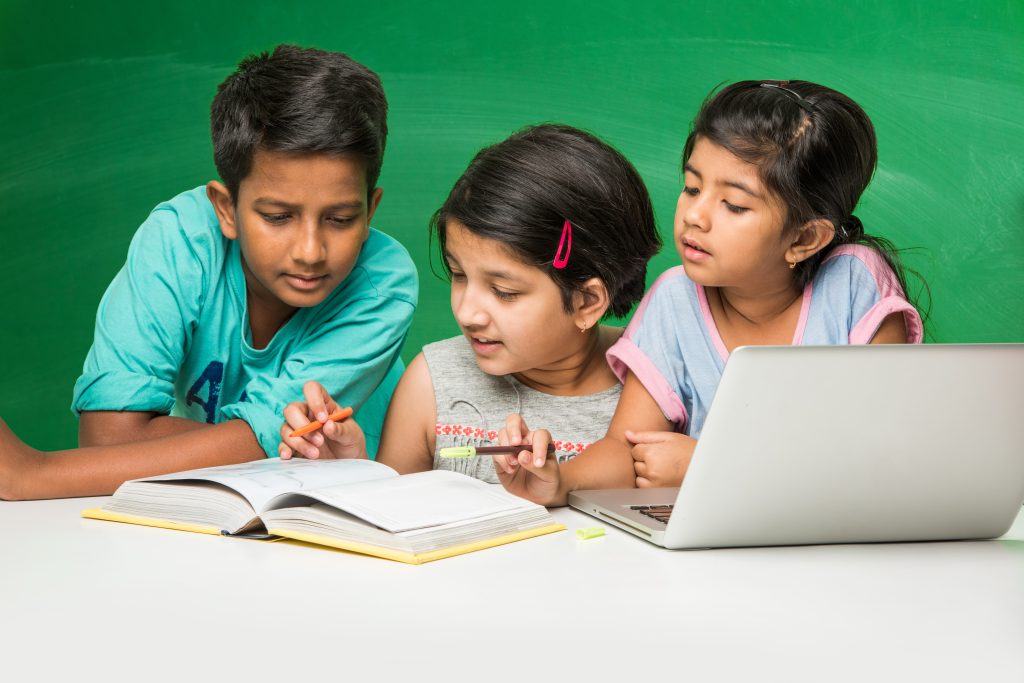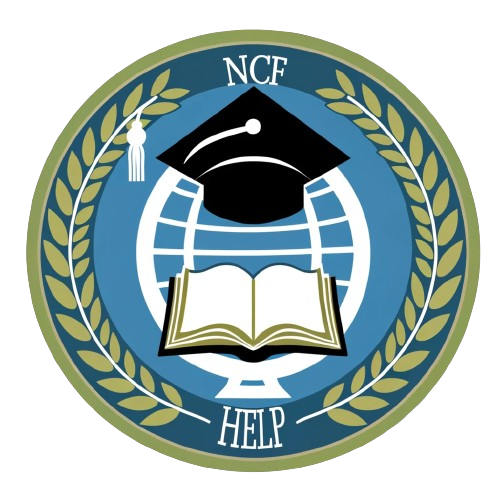Keywords: NCF, NEP 2020, Indian Education, Cultural Integration, Multilingualism, Holistic Learning
Hashtags: #NCF #NEP2020 #IndianEducation #CulturalDiversity #Multilingualism
As a school counselor, witnessing the growth and development of young minds has always been my passion. With the introduction of the National Education Policy 2020 (NEP 2020), a wave of transformative change is sweeping through the Indian education system, and I, for one, am incredibly excited! This policy ushers in a new era where rote learning takes a backseat, and a more holistic approach takes center stage. It’s all about nurturing well-rounded individuals equipped with social-emotional intelligence, cultural awareness, and multilingual proficiency.
So, how can we, as educators, navigate this exciting new landscape and ensure effective implementation of NEP 2020 within our classrooms? Let’s delve into the key aspects of this policy and explore innovative teaching strategies that can truly empower our students.

Cultural awareness and expression are crucial components of NEP 2020. Historical narratives not only foster appreciation for our heritage but also promote tolerance and respect for other cultures.
Building Character: Integrating Social-Emotional Learning and Cultural Awareness
NEP 2020 recognizes that education is not solely about academics; it’s about building character and fostering well-rounded individuals. Integrating social-emotional learning (SEL) equips students with essential life skills such as effective communication, collaboration, problem-solving, and resilience. Imagine a classroom where students are encouraged to understand and manage their emotions, empathize with others, build positive relationships, and make responsible decisions. This fosters a supportive and inclusive learning environment where every student feels valued and empowered to navigate life’s challenges.
Moreover, cultural awareness and expression are crucial components of NEP 2020. By immersing students in the rich tapestry of Indian culture, we instill a sense of identity and belonging. Exploring diverse languages, art forms, literature, and historical narratives not only fosters appreciation for our heritage but also promotes tolerance and respect for other cultures. Think of students engaging in vibrant folk dances, learning the nuances of classical music, or delving into the wisdom of ancient texts. This exposure cultivates open-mindedness and prepares them to thrive in an increasingly interconnected world.
Unlocking the Power of Languages: Embracing Multilingualism
One of the most impactful aspects of NEP 2020 is its emphasis on multilingualism. Research consistently demonstrates that young children learn best in their mother tongue, and exposure to multiple languages enhances cognitive flexibility and problem-solving skills. The policy encourages using home/local languages as the medium of instruction, at least until Grade 5, while simultaneously promoting the learning of other Indian and even foreign languages.
Imagine a classroom buzzing with the sounds of different languages, where students confidently converse and learn in their mother tongue while also exploring the beauty of Sanskrit, the lyrical flow of Tamil, or the global reach of French. This not only strengthens their connection to their roots but also opens doors to diverse cultures and expands their horizons. Interactive activities, games, and technology can further enhance language learning, making it a joyful and enriching experience.

NEP 2020 in Action: Bringing the Policy to Life
NEP 2020 outlines several actionable initiatives that we can readily implement in our schools:
- Experiential Learning: Let’s move beyond textbooks and embrace hands-on learning. Imagine students exploring Indian art forms through interactive workshops, learning the rhythm of tabla or the graceful movements of Bharatanatyam. Field trips to historical sites, museums, and local artisan communities can bring history and culture alive.
- Language Immersion: Create a vibrant multilingual environment within the school. Encourage conversations in different languages, celebrate cultural festivals with traditional music and dance, and showcase diverse art forms through student-led exhibitions.
- Interdisciplinary Approach: Break down subject barriers and connect language learning with other disciplines. Explore the scientific contributions of ancient India through bilingual texts, or delve into the mathematical principles embedded in traditional art and architecture.
- Technology Integration: Leverage the power of technology to make learning engaging and accessible. Utilize language learning apps, interactive online resources, and virtual reality experiences to transport students to different cultures and historical periods.
- Community Collaboration: Partner with local artists, writers, cultural organizations, and heritage sites to enrich the learning experience. Invite guest speakers to share their expertise, organize workshops on traditional crafts, and immerse students in the cultural heritage of their region.
A Call to Action for Educators
As teachers, we have the exciting opportunity to be at the forefront of this educational transformation. We can embrace the NCF and NEP 2020 by:
- Integrating cultural elements and local knowledge into our lessons.
- Creating a multilingual classroom environment.
- Adopting innovative and experiential teaching methods.
- Promoting student-centered learning and encouraging critical thinking.
- Collaborating with colleagues to develop interdisciplinary projects.
- Building strong relationships with parents and the community.
By embracing the vision of the NCF 2023 and NEP 2020, we can create a more inclusive, engaging, and culturally enriching learning experience for our students, empowering them to become responsible citizens and contributing members of a diverse and interconnected world.


Comments
4 responses to “Promoting Indian Culture, Language, and Ethics: Navigating the New Educational Landscape with NCF 2023 and NEP 2020”
Well explained
Thank you!
Amalgation of education, culture and society through NEP 2020 will play a bigger role in uplifting the future of tomorrow keeping the ethics and values intact.
Thank you for your thoughts! I completely agree that NEP 2020’s approach to blending education with our cultural values is a game-changer for children’s education and future. Looking forward to your insights on future articles!